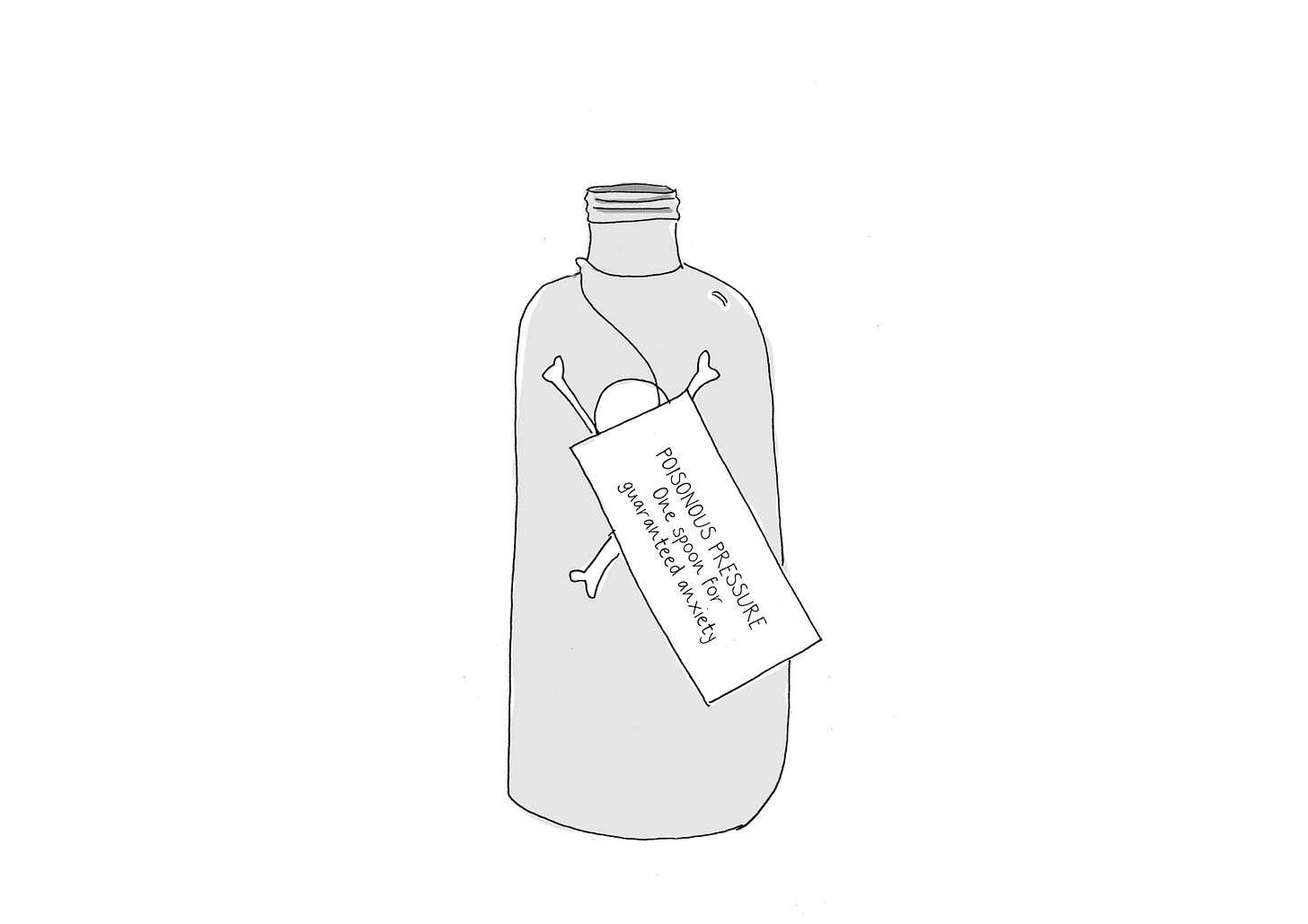The Pressure Paradox is one of the most powerful traps in parenting. Stated in a few words, it’s this.
The more you pressure your child to do something, the less likely it is that they will do it.
The reason why this is so difficult for parents to get their heads around is because the Pressure Paradox is the opposite of how we are told that parenting works.
Most of what you read about parenting is typically about how to use pressure effectively. The idea is that a good parent will pressure their child into ‘good behaviour’ by a series of strategies, and then over time this will be internalised and the child will no longer need to be directly controlled by their parent. They don’t call it pressure. They call it ‘authority’ or ‘being in control’ or ‘firm leadership’. But to a demand avoidant child it can feels like pressure.
Sometimes this pressure is very obvious – shouting and punishments – and sometimes it’s much more subtle – shaming and emotional pressure – but the basic paradox remains the same. The harder the parents try, the worse the problem gets. Everyone gets entrenched.
If pressure makes your child anxious, then none of the usual techniques are going to be helpful. Not star charts, not clear consequences, not counting to 3, not Time Out. Not being firm but fair or warm-strict. They will all make things worse. If all the solutions which parents try are based on pressure, then all their efforts are doomed to make things worse. It starts to feel as if you are banging your head on a brick wall.
If this sounds like you, then you might find my mini-course on demand avoidance useful. You’ll learn about the psychology of demand avoidance and the three keys to understanding your child. And the best news is – it’s 50% off for this week only, along with my other autism courses. Offer ends Sunday Oct 22nd. Please share if you know parents who might benefit.
(illustration by Eliza Fricker)





Is demand avoidance always tied to autism?